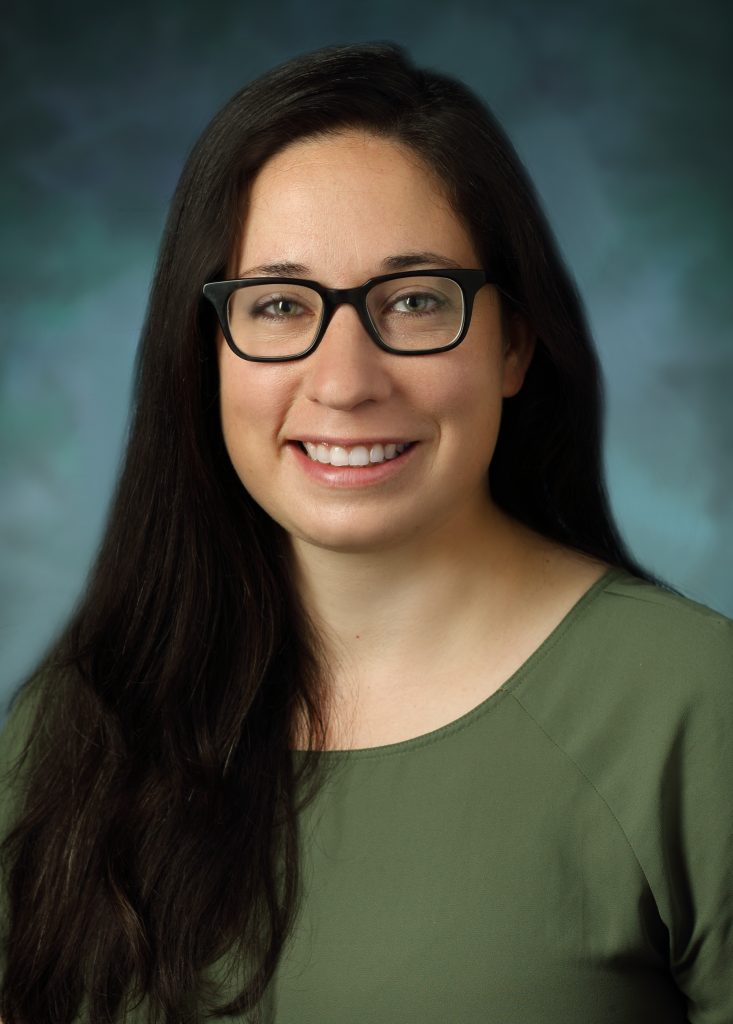Provider Perspective: Megan Buresh, MD, DFASAM, AAHIVM

Reducing harm, eradicating stigma, and facilitating equitable access to care is key to building a healthier state of Maryland.
Megan Buresh, MD, DFASAM, AAHIVM contributes to this effort through her various roles as a provider, including work in the fields of primary care, HIV care, and inpatient and outpatient addiction. She is also an assistant professor at the John Hopkins University School of Medicine.
With an overall aim to reduce the stigma and discrimination that marginalized populations face, Buresh does more than bring the state of Maryland alive – she helps shape the minds of those who aim to do the same thing.
Read the Q&A below to learn more about her motivations for this work, common misconceptions she combats, and more!
What inspired you to engage with this work?
“I got my first exposure to international health, a global health perspective and some early exposure to HIV mostly in Subsaharan Africa. And then I got buprenorphine training during my residency and that really inspired me to expand the addiction focus. I got to see how transformative good care can be for people – but also the gaps in care.
And so I shifted more of my clinical focus from HIV to addiction because, in my opinion, that’s one of the biggest gaps. In Boston and in the Northeast of the US, we’re well-resourced for HIV, but integrating addiction into treatment and into general medical settings is just a huge gap for people. And it’s just really rewarding to see people do well in recovery.”
What is your intended impact?
“I want to help decrease stigma for patients with substance use disorder and to make care more accessible, whether that’s in community settings, the emergency room, or getting fit into the hospital. I do it in clinical practice and then in the mentorship of trainees.
We hope to just generally expand the capacity, and I also do some specific work with post-incarceration access to care. So I’m hoping that the advocacy efforts also mean that people with substance use disorders, especially opiate use disorders, have access to the standard of care. I also hope that through some of our low threshold treatments we could decrease the disparities in care, particularly things like racial disparities and access to buprenorphine.”
What is one of the most common misconceptions about your field of work?
“I think that there’s still the thought that addiction is a moral failing rather than a disease, and that there’s a lot of complexity to why. And then with the treatments for opiate use disorder, people think that methadone and buprenorphine are just replacing one drug with another and are just another form of addiction. And then I think [there exists the idea] that recovery is impossible for people once they’ve reached a certain severity, or that you only get so many chances.”
Name your favorite and least favorite aspect of your work.
“My favorite aspect is just getting to work with really great people and interprofessional colleagues, especially social workers. I’m a big fan of the multidisciplinary nature of the work. There are just amazing stories of hope and recovery, and it’s really a privilege to get to journey alongside them.
My least favorite aspect is the regulations, particularly the regulations around methadone. But there are many levels–federal, state and local– that impact paid access to care.”
What advice would you give to other providers aiming to expand or advance their work?
“With equity, it has to be intentional. When it relates to access to services, having really clear standardized ways rather than ad hoc is an important part of decreasing bias. So just set standards and make sure everyone gets those same standards.
And then I just think that self-care is really important. It’s hard work. The primary care side is really hard, especially right now, and I think it’s important to be connected to a community both professionally and personally.”
Do you know a Maryland-based provider who we should highlight? Email Alive! Maryland at info@alivemaryland.org with recommendations.
